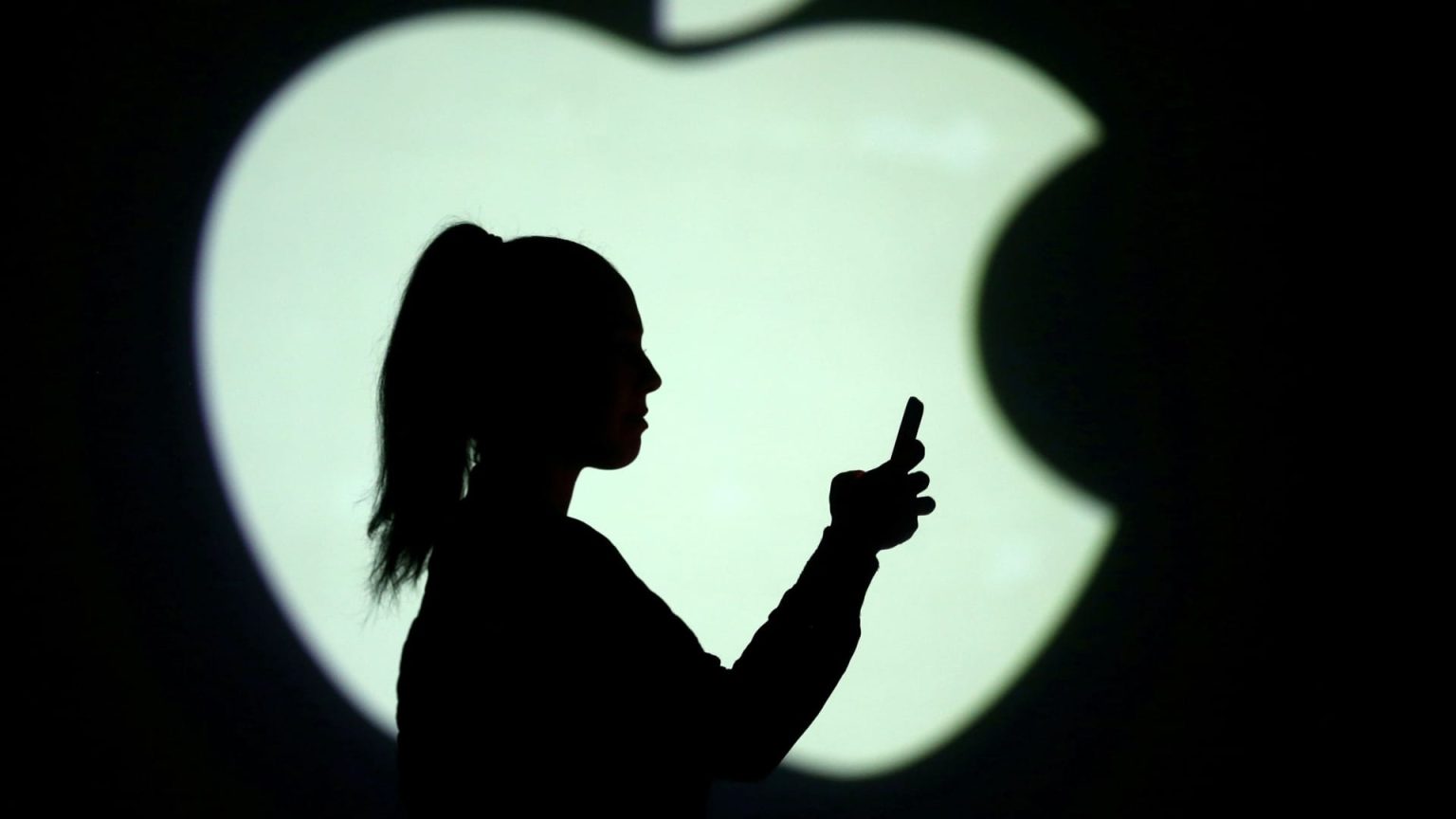In recent trading activity, Apple Inc. has experienced an uptick in its share price following an upgrade from Jefferies financial services firm. Despite this positivity, analysts express concerns regarding the company’s growth prospects, particularly in the face of artificial intelligence challenges and ongoing tariff issues. With an upcoming fiscal third-quarter earnings report on July 31, the mixed sentiment among traders indicates a cautious approach as the tech giant navigates a volatile market and its competitive landscape.
| Article Subheadings |
|---|
| 1) Analysts Upgrade Apple Amid Concerns |
| 2) Challenges Faced by Apple in the AI Space |
| 3) Market Response and Trading Sentiment |
| 4) Comparative Analysis with Other Tech Giants |
| 5) Upcoming Earnings Report and its Implications |
Analysts Upgrade Apple Amid Concerns
Market analysts at Jefferies recently upgraded Apple Inc. from a “sell” rating to a “hold” rating. This adjustment, announced on a Tuesday, was coupled with an increase in Apple’s price target from $171 to $188 per share. The upgrade underscored a prediction of an upward trend during the June quarter as demand conditions appear to cautiously improve. Nevertheless, some analysts, including Dan Nathan from RiskReversal Advisors, remain skeptical about Apple’s overall performance, especially in the latter half of the fiscal year. They argue that the lack of an artificial intelligence strategy could hinder growth, as Apple’s product lines have stagnated.
Challenges Faced by Apple in the AI Space
Apple stands at a crossroads when it comes to integrating artificial intelligence into its product offerings. Analysts note that for a company of Apple’s stature, failing to innovate in AI could be damaging, especially when competitors are rapidly evolving in this area. Challenges such as delayed product cycles and tariff-induced supply chain issues further compound these concerns. Nathan pointedly stated,
“They still don’t have an AI strategy. So that means that a product that has not been growing for the last three years is not going to grow again.”
This critique highlights an urgent need for Apple to invest in AI technologies to maintain market share and consumer interest.
Market Response and Trading Sentiment
Despite the overall positive revision from Jefferies, trading sentiment remains lukewarm. Apple’s shares experienced a 6% gain during the holiday-shortened week following the upgrade, yet the company has underperformed compared to other major technology stocks known as the “Magnificent Seven.” As of now, Apple has fallen approximately 15% year-to-date, contrasting with an overall modest gain of 3% for the other stocks in this group. Traders like Karen Finerman express a more cautious outlook, branding Apple as her least favorite among the Magnificent Seven, primarily due to its vulnerability in the evolving supply chain landscape.
Comparative Analysis with Other Tech Giants
In the context of the broader tech market, comparisons with peers such as Alphabet, Amazon, Meta Platforms, Microsoft, Nvidia, and Tesla reveal a competitive disadvantage for Apple. Finerman highlights concerns about Apple’s supply chain vulnerabilities, emphasizing that the company is “just in the crosshairs” of ongoing trade tensions. Although some analysts believe that the adverse impacts of tariffs have already been factored into Apple’s current stock price, the question remains whether these concerns will detract from long-term growth and innovation.
Upcoming Earnings Report and its Implications
As the company prepares to report its fiscal third-quarter earnings on July 31, investor focus will be keenly tuned to several indicators. Key metrics to watch will include revenue growth, iPhone sales performance, and responses to ongoing supply chain challenges. Analysts will scrutinize the results closely to evaluate whether Apple can navigate its present hurdles effectively. With both fears of unfulfilled growth potential and the anticipation of strategic responses to competitive threats, the earnings report could serve as a pivotal moment for investor sentiment.
| No. | Key Points |
|---|---|
| 1 | Apple has been upgraded from “sell” to “hold” by Jefferies, alongside a price target increase to $188 per share. |
| 2 | Analysts express concerns about Apple’s lack of an AI strategy, warning it could impact future growth. |
| 3 | Despite a recent 6% share price rise, Apple remains down roughly 15% year-to-date. |
| 4 | Apple’s competitiveness is questioned relative to other tech companies like Alphabet, Amazon, and Microsoft. |
| 5 | Stakeholders eagerly await Apple’s upcoming earnings report on July 31 for insights into its performance amidst ongoing challenges. |
Summary
The mixed reactions surrounding Apple Inc. highlight the complexities the tech giant faces as it navigates a competitive landscape plagued by supply chain issues and an urgent need for innovation in artificial intelligence. While the Jefferies upgrade offers a momentary boost in confidence, AI challenges and market performance concerns loom large as the company prepares for its upcoming earnings report. Consequently, how effectively Apple can leverage its brand strength and respond to market demands in this crucial timeframe will be paramount for its future in the technology sector.
Frequently Asked Questions
Question: Why did Jefferies upgrade Apple stock?
Jefferies upgraded Apple’s stock based on improved demand conditions and expectations of a strong performance in the June quarter.
Question: What concerns do analysts have regarding Apple’s future?
Analysts, notably Dan Nathan, express concerns about Apple’s lack of an artificial intelligence strategy, which they believe could adversely affect growth in an increasingly competitive market.
Question: What is the significance of the upcoming earnings report for Apple?
The earnings report on July 31 will provide critical insights into Apple’s performance amid ongoing supply chain challenges, making it pivotal for investor sentiment and future market expectations.


